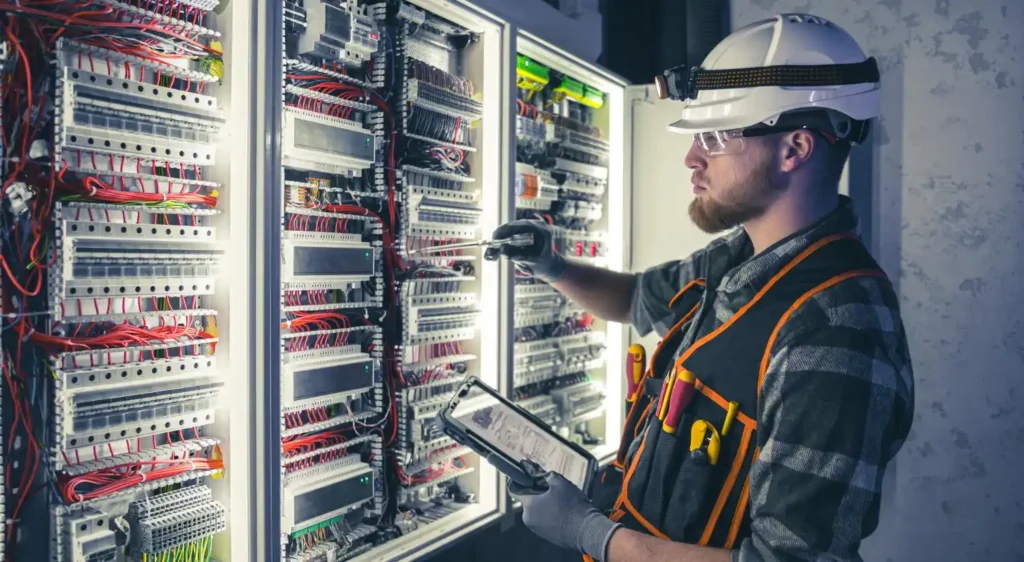The signing ceremony took place in the Scottish Parliament in Edinburgh earlier this month (May) when Lars Christian Lilleholt, the Danish Minister of Energy, Utilities and Climate, met Paul Wheelhouse, the Scottish Government Minister for Business, Innovation and Energy.
The Scottish Government is aiming to reduce CO2 emissions in Scotland by 80% by 2050. On the road to reach that target, the aim is by 2032 to reduce energy consumption in buildings by 15% and their carbon emissions by 23%. The new agreement between Denmark and Scotland will support this by an exchange of knowledge and experience in creating district heating schemes, renewable heat production and energy efficient buildings.
“The Scottish Government is clearly ambitious in the low carbon energy and climate area. I am very pleased to sign this new cooperation agreement, which I hope will support Scotland’s green conversion with Danish energy solutions. Scotland is focusing on low carbon heating, such as district heating and increased energy efficiency in buildings, and Denmark is able to offer expert knowledge based on our 40-years of experience,” says Lars Christian Lilleholt.
Speaking after the meeting, Paul Wheelhouse said: “I welcome the renewed commitment to collaboration with our Danish partners and the opportunity to further strengthen our close relations with the Danish Government via sharing our knowledge and experience in energy. This refreshed memorandum between the Government of Denmark and the Scottish Government is testament to the benefits of working with other likeminded, progressive European countries and sharing best practice for making buildings more energy efficient, decarbonising our heat system, diversifying our sources of heat, tackling fuel poverty, and maximising the local economic opportunities of the transition to a low carbon heat sector.”

